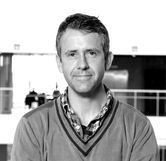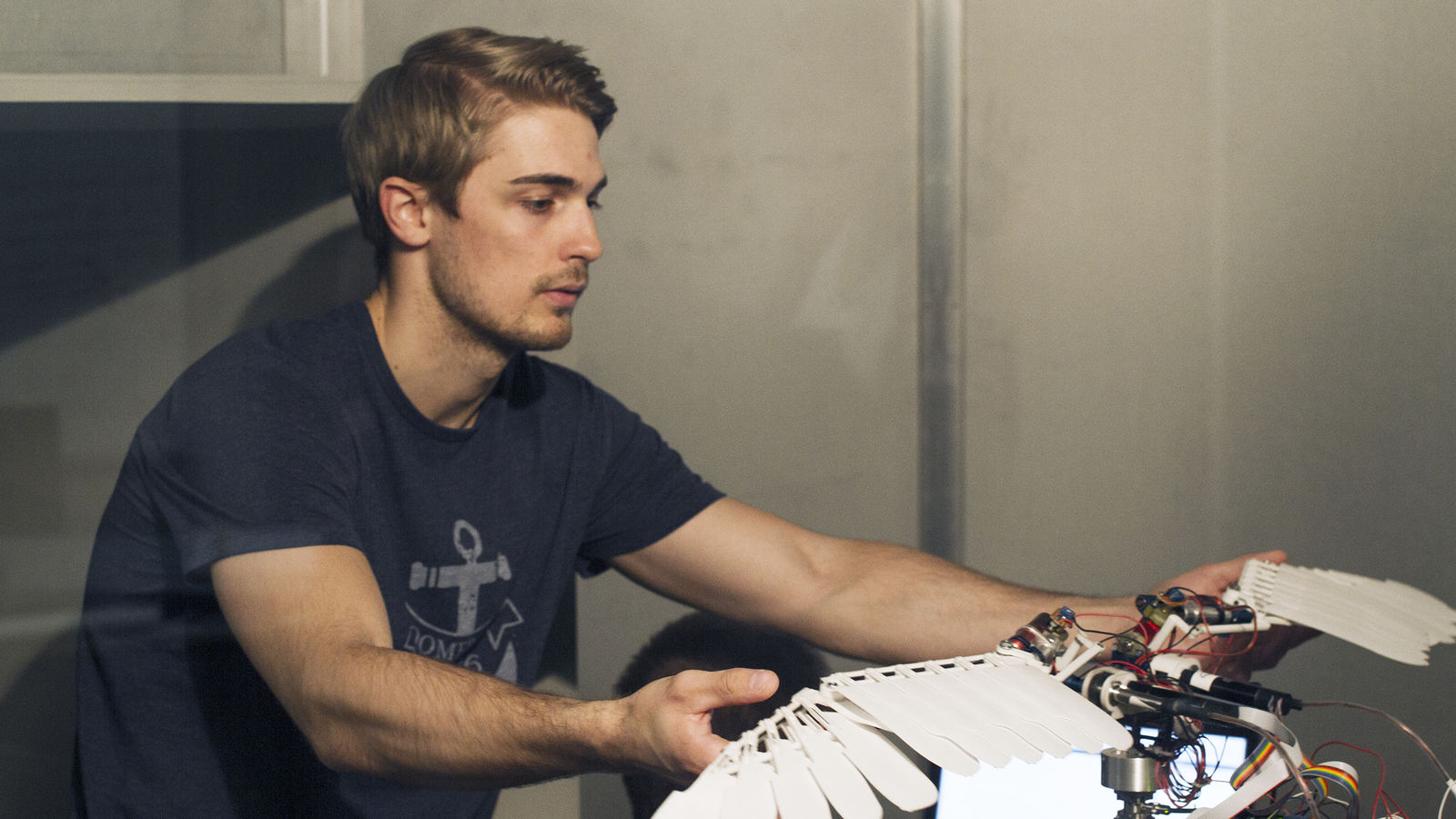MSc Mechanical Engineering
A broadly applicable programme that builds upon fundamental concepts in physics and engineering. Students are exposed to and are able to specialise in various fields, anything from the design and manufacturing of micro-scale electro-mechanical devices to the building and operation of large-scale power plants.
Overview
Through analytical means, mechanical engineers seek answers to scientific questions that are centred on the transfer of mass and energy. Areas such as the nature of turbulent flow, developing autonomous vehicles, novel manufacturing and fabrication methods or the design of industrial processes and energy delivery systems are all within the domain of a mechanical engineer.
With this in mind, we have built a versatile programme, designed to provide students with a clear understanding in the fundamental subjects of material sciences, physics and objects in motion, and the ability to put this knowledge to use. Students gain valuable skills through emphasis on design, analysis and a creative approach to problem solving.
Credits
120 ECTS.
Language
Language of instruction is English.
Length of study
Two years, full time.
Research
Mechanical engineering skills are essential in the fields of robotics, automation and control, as well as the design gas turbine engines and generators. The Department of Engineering offers domain expertise in these two fields of study: Mechanical Design and Mechatronics, and Thermal Science and Fluids.
Mechanical Design and Mechatronics
Students will acquire knowledge and skills in modern mechanical design, with an emphasis on the integration of mechanical functionality with electronics and automation. The hallmarks of this track are a strong emphasis on theoretical knowledge, coupled with extensive practical design and experimentation. Dynamics, design and signal processing are the core constituents emphasised. Students also have the option to add courses ranging from mathematics, computer science and electronics to the mechanics of materials and thermal sciences.
Thermal science and fluids
Students in this track study the transfer of mass and energy. Core courses include partial differential equations, advanced fluid mechanics, heat transfer and computational methods. Theoretical knowledge is emphasised and used in practical applications of thermodynamics and fluid dynamics. Students have the option to elect a variety of courses pertaining to power and heat generation, as well as industrial processes.
Careers
Though the completion of this degree, our students are prepared for careers in the fields of mechanical design, structural mechanics, thermal fluids and energy production, as well as robotics and control.
Chartered Engineer
The programme is designed to meet the curriculum requirements for the professional title of chartered engineer, as defined by the Ministry of Industry and the Association of Chartered Engineers in Iceland (Icelandic: Verkfræðingur).
After successful completion of the programme the student is awarded the degree Master of Science in Mechanical Engineering, and is eligible to apply for the title of Chartered Engineer in Iceland.
Structure
The duration of the MSc programme in Mechanical Engineering is a two years, full-time. The degree is structured over four semesters, two semester per year, with 30 ECTS each semester. All students are required to complete a 32 ECTS Integrated Project Course, composed of a 18 ECTS design project, one 6 ECTS and two 4 ECTS supporting courses.
Students can either take 90 ECTS in specialised courses and a 30 ECTS MSc thesis, or 60 ECTS in courses and a 60 ECTS MSc thesis with a stronger research focus.
| Year 1 | Year 2 | |
|---|---|---|
| Autumn |
|
Various Possibilities:
|
| Spring |
|
|
* If this course was part of the student's BSc degree then another restricted elective must be chosen.
** Students must finish at least one of these.
Electives - Autumn
- Partial Differential Equations
- Biomedical Signal and Image Processing
- Simulation
- Advanced Circuit Design
- Theory of Computation
- Data Mining and Machine Learning
- Microwave Engineering I
- Energy Transmission and Storage
Electives- Spring
- Engineering Optimisation
- Optimisation Applications
- Stochastic Processes
- Mechatronics II
- Computational Electromagnetics with FDTD
- Finite Element Method in Engineering Analysis
- Integrated Product Development and Entrepreneurship
- Sustainable Energy Systems
- Geothermal Subsurface Exploration
- Geothermal Powerplant Design
Admission
- An undergraduate degree in engineering is required.
- The respective undergraduate degree must include courses in applied sciences (i.e. mathematics, physics) and in basic subjects fundamental to mechanical engineering. (i.e. mechanics, design, thermal fluids)
Apply
Contact us
For further information please do not hesitate to contact us.
Department of Engineering Office: vfd@ru.is

Ármann Gylfason
Program Director Mechanical and Electrical Engineering
Email: armann(at)ru.is
Phone: 599-6307



